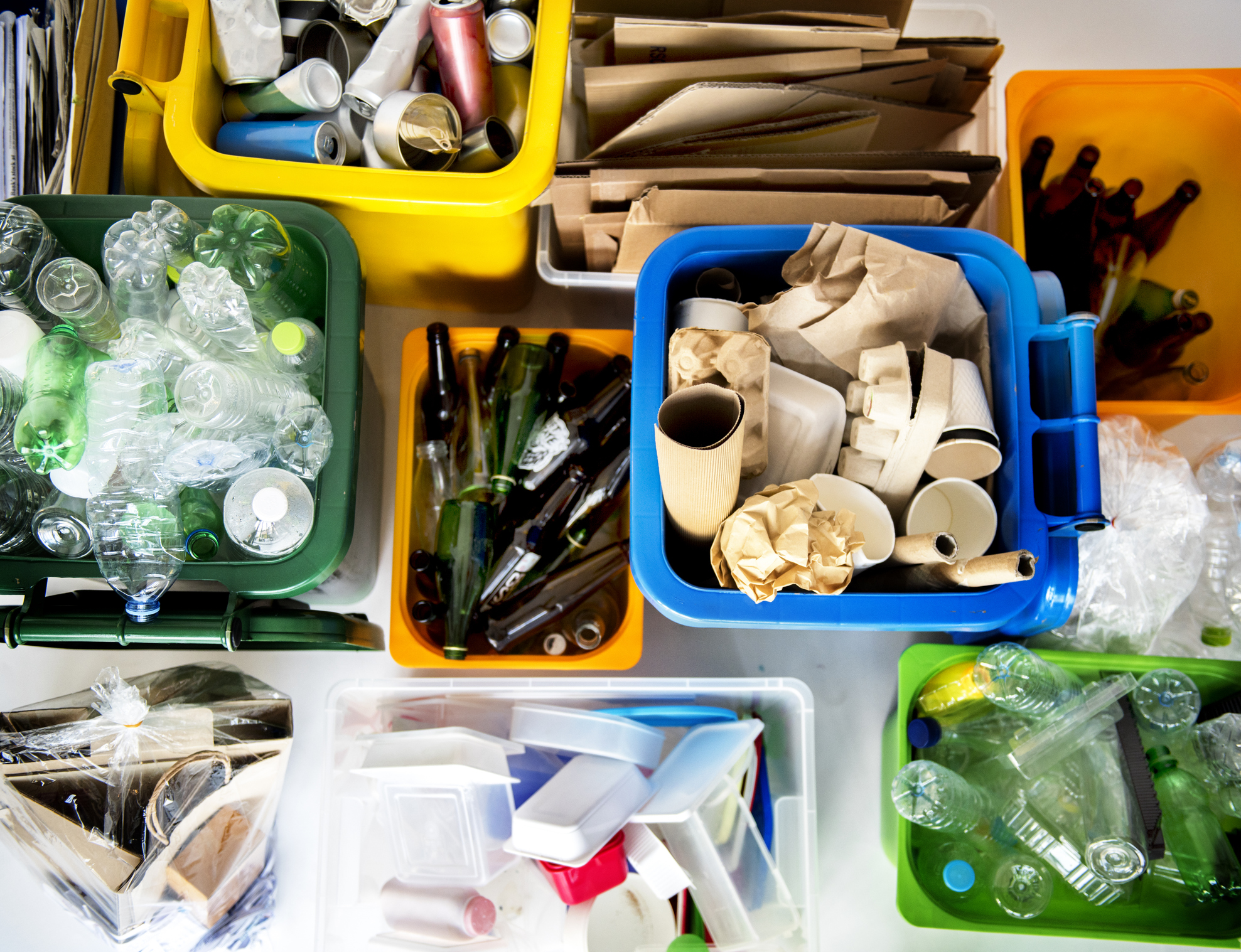Recycling may be confusing but volunteers help get it right
June 13, 2018

June 13, 2018

Trained volunteers at large-scale public events and festivals are the most effective way to ensure people recycle correctly, suggests new UBC research. Researchers used data from the annual Apple Festival, held at the UBC Botanical Garden and attended by more than 10,000 people, to compare the effectiveness of different recycling and waste sorting methods.
Ivana Zelenika, a PhD candidate in the Institute for Resources, Environment and Sustainability, explains why recommendations from the study will be crucial in ensuring recycling efforts are effective at upcoming summer events and festivals.
For a long time, most recycling efforts have been focused exclusively on galvanizing participation, which is still very important, but if people are contaminating the bins it cancels out the participation effort. Contamination of waste streams makes the whole recycling enterprise costlier because it creates extra work for recycling facilities and reduces the quality and quantity of useful materials for resale. It’s no longer enough just to encourage participation—we need to encourage accurate sorting.
Recently there were a number of news stories about the cost of recycling contamination in cities across Canada. There is a huge financial incentive for event organizers, for institutions and for municipalities to recycle properly.
A large amount of waste is produced at events through food, drink and product packaging. When there are many different kinds of products and different vendors, it can be confusing for people to know what can be recycled and what can’t. When they are in social settings and in a hurry to get back to family and friends, this can lead to rushed waste disposal and contamination.
In our study, we found anywhere between 10 and 40 pieces of waste end up in the wrong bins, for example food or recyclable coffee lids being tossed into the garbage.
We tested the effect of having a trained volunteer stand by the bins to provide correct information about how to dispose of waste. The volunteers communicated with attendees so there was a chance to educate them. People like social interaction, so it also makes sense that people would approach someone standing by the bin, someone that they think is an expert that could help them, as opposed to trying to figure out signage on their own.
We conducted a randomized control trial at the annual Apple Festival at the UBC Botanical Garden to determine the most effective way to reduce waste contamination. We tried four different approaches: trained volunteers, bins with signs illustrating the waste products, bins with pieces of waste like aluminum cans or coffee lids attached to the top to indicate where the waste goes, and regular bins.
We determined that trained volunteers had a significant impact on the contamination levels of all waste streams. Volunteer staff were able to reduce contamination by 96 per cent in the organics bin, 97 per cent in the recyclable containers bin, 97 per cent in the paper bin, and 85 per cent in the garbage bin. The other bins—those with signage and even those with examples of waste sitting on top—had no significant effect on contamination levels.
Our results suggest that recruiting volunteer staff at waste stations is the most effective method to reduce contamination at public events.
Trained volunteers are a huge resource because people need help sorting their waste. People are willing to recycle but providing bins and signage at events is not enough. We now have the data to show that volunteers are the only intervention that made a significant impact on decreasing contamination levels and we were quite surprised how well the volunteers worked to help people sort their waste correctly.
Volunteers make such a big difference, so let’s celebrate them and use them to help better support people and reduce contamination.
We honour xwməθkwəy̓ əm (Musqueam) on whose ancestral, unceded territory UBC Vancouver is situated. UBC Science is committed to building meaningful relationships with Indigenous peoples so we can advance Reconciliation and ensure traditional ways of knowing enrich our teaching and research.
Learn more: Musqueam First Nation